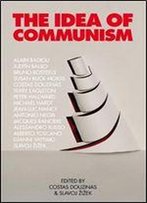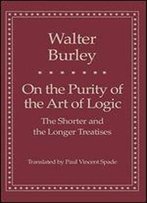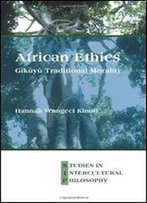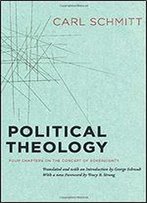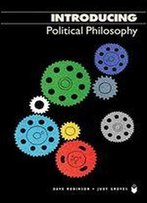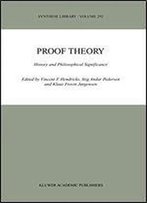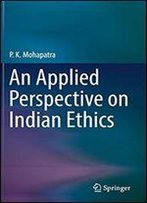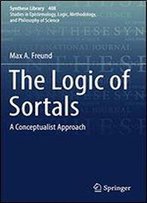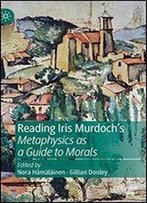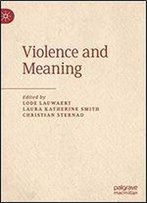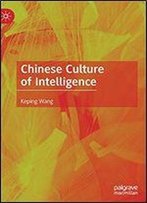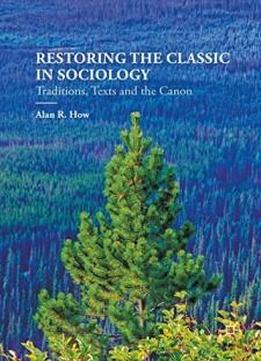
Restoring The Classic In Sociology: Traditions, Texts And The Canon
by Alan R. How /
2016 / English / PDF
4.2 MB Download
This book demonstrates that classical sociology is essential to
cutting-edge debates in the contemporary social sciences. It has
become fashionable to play down the importance of the classic text
in sociology and critique the ideas of Weber, Marx and Durkheim as
ideologically outdated. The author mounts a strong challenge to
this view, criticising such notions as de-traditionalization,
structuration and postmodernism, emphasizing instead the relevance
of habit, re-traditionalization, and social integration across
time. Arguing that sociology has eliminated the importance of the
past, history, and tradition in favour of the transience of the
present, he revisits the Habermas-Gadamer debate to argue that
tradition is the ground of the classic, and the classic something
that must prove itself anew in subsequent situations. He uses the
work of Durkheim, Simmel and Weber to illustrate this process.
Making a distinction between ‘classic’ and ‘canon’ which parallels
that between ‘agency’ and ‘structure’, he allows the reader to
appreciate the separate value of both. This major contribution to
the field is essential reading for scholars and students of
sociology and social theory.
This book demonstrates that classical sociology is essential to
cutting-edge debates in the contemporary social sciences. It has
become fashionable to play down the importance of the classic text
in sociology and critique the ideas of Weber, Marx and Durkheim as
ideologically outdated. The author mounts a strong challenge to
this view, criticising such notions as de-traditionalization,
structuration and postmodernism, emphasizing instead the relevance
of habit, re-traditionalization, and social integration across
time. Arguing that sociology has eliminated the importance of the
past, history, and tradition in favour of the transience of the
present, he revisits the Habermas-Gadamer debate to argue that
tradition is the ground of the classic, and the classic something
that must prove itself anew in subsequent situations. He uses the
work of Durkheim, Simmel and Weber to illustrate this process.
Making a distinction between ‘classic’ and ‘canon’ which parallels
that between ‘agency’ and ‘structure’, he allows the reader to
appreciate the separate value of both. This major contribution to
the field is essential reading for scholars and students of
sociology and social theory.
